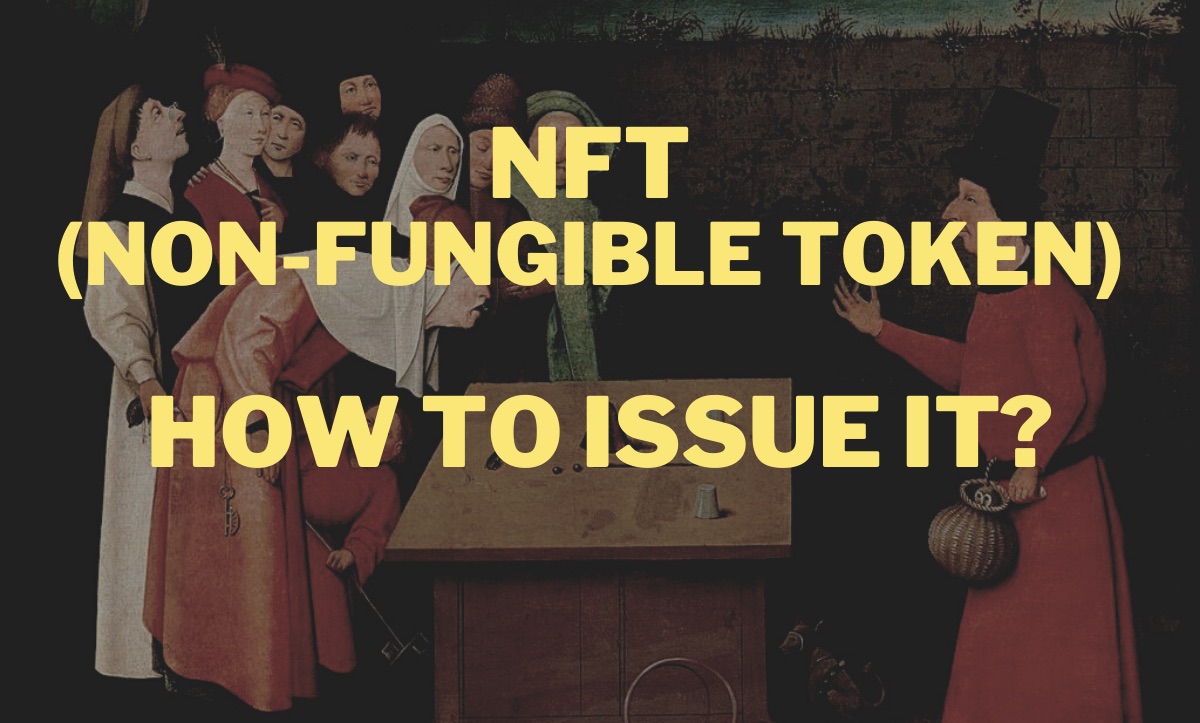16,309 reads
Issuing Non Fungible Tokens (NFTs): A How-To Guide
by
November 1st, 2020
Audio Presented by
X10.Agency Founder | Web3/Crypto/NFT marketing and launch | Worked with 250+ projects
About Author
X10.Agency Founder | Web3/Crypto/NFT marketing and launch | Worked with 250+ projects
